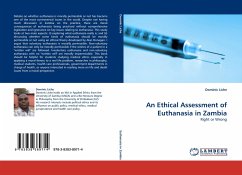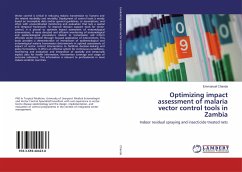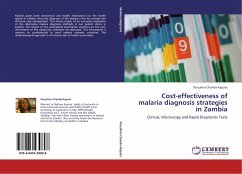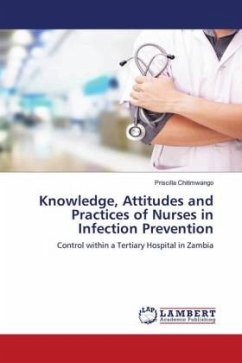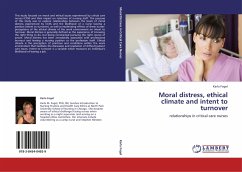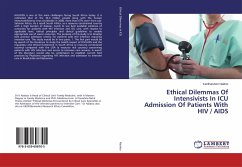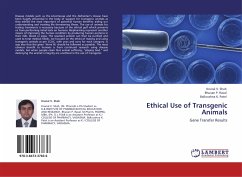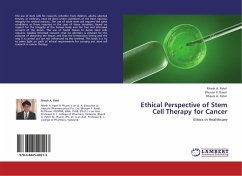Debate on whether euthanasia is morally permissible or not has become one of the most controversial issues in the world. Despite not having much discussion in Zambia on the practice, there are moral consequences of euthanasia being practiced without comprehensive legislation and ignorance on key issues relating to euthanasia. This study looks at two main aspects: (i) exploring what euthanasia really is; and (ii) discussing whether some kinds of euthanasia should be morally permissible or not using an ethical theory developed by Alan Donagan. I argue that voluntary euthanasia is morally permissible. Non-voluntary euthanasia can only be morally permissible if the wishes of a patient in a "written will" are followed. Involuntary euthanasia and non-voluntary euthanasia with no "written will" are morally impermissible. This book should be helpful for students studying medical ethics especially in applying a moral theory to a real life problem, researches in philosophy, medical students, health care professionals, government departments in charge of health, or anyone interested in reading more on life and death issues from a moral perspective.

